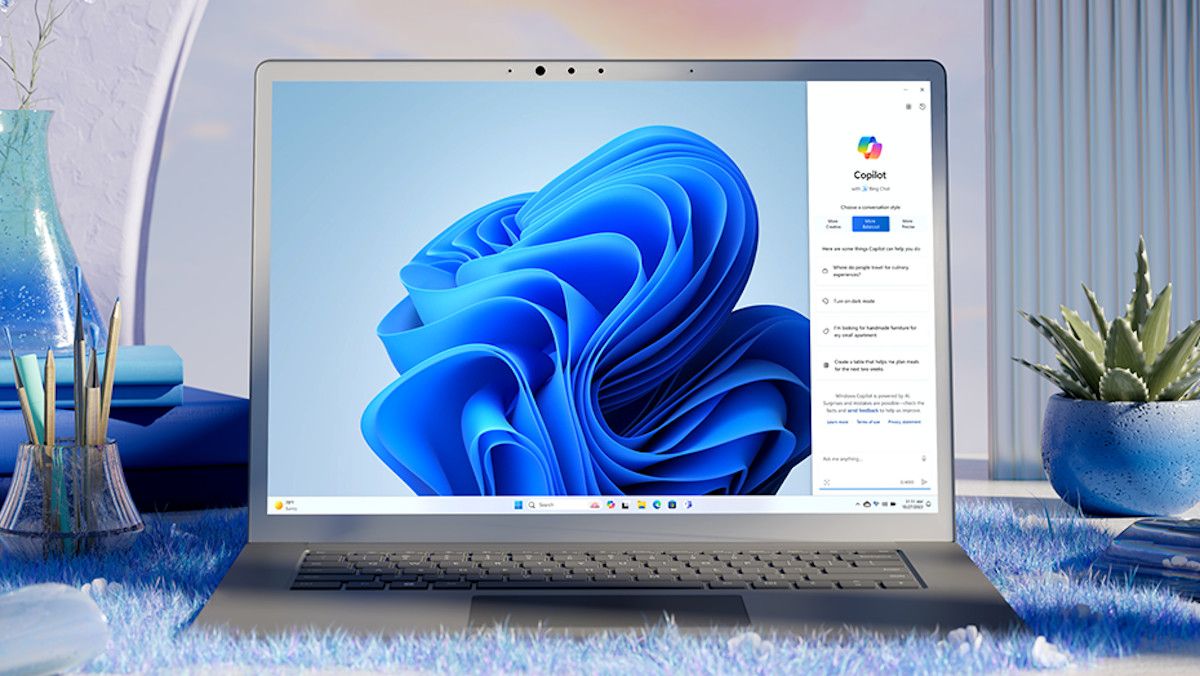- Windows 11 24H2 automatically rolls out to eligible PCs on 22H2 or 23H2
- Persistent errors like Asus compatibility and camera unresponsiveness can delay updates for affected PCs
- 24H2 brings performance boosts and new features, but has had a history of issues for some time
If you are currently using older versions of Windows 11 (such as 23H2 or 22H2), Microsoft has plans for you as it has started automatically updating PCs to the latest version, 24H2. A message post was added to The document “Windows 11, version 24H2 known issues and notices”. on the Microsoft Learn blog to explain that Microsoft now considers Windows 11 24H2 stable enough to roll out to everyone using eligible Windows 11 PCs.
Those with eligible PCs will be updated to the latest version of 24H2, and those using devices managed by organizations (such as work laptops) will not be affected.
But this push to upgrade older versions of Windows 11 to the 24H2 update may not go down too well, as the update itself has had a bad start, causing issues like games not working properly and HDR malfunctions (intended to improve colors and brightness of screens).
Because of these well-publicized issues, quite a few people have – understandably – been reluctant to upgrade.
How will this affect you?
As mentioned above, if your PC is eligible and running Windows 11 versions 22H2 or 23H2 (Pro or Home) editions, it will be automatically updated to Windows 11 24H2 very soon. If you’d rather wait, you can apparently delay the update for up to five weeks, as reported by Tom’s Hardware. You can do this by following these steps:
1. Open Settings app.
2. Open Windows Update section, which can be found in the menu on the left (you may need to scroll down).
3. Find ‘Pause Updates’ option in this section and from the drop-down menu you can select the number of weeks you want to delay updates by (up to 5 weeks).
On the flip side, if you haven’t yet installed version 24H2 and would like to, you can choose ‘Check for updates’ on the same Windows Update page as above and click ‘Download and install’ to get the update manually.
Some things to consider and what’s on the horizon for Windows 11 24H2 users
If you have one of Microsoft’s new Copilot+ PCs, which are designed to integrate new AI-powered features, then the 24H2 update will bring the much talked about (but not so warmly received) Windows Recall feature to all eligible PCs ‘is. Recall requires a Copilot+ PC and is currently being shown with members of the Windows Insider program. Recall is a feature intended to improve the productivity of Windows 11 users by capturing snapshots of their PC activity and making them searchable to make it easier to find past information. Despite its intended benefits, Recall has been met with notable controversy due to privacy and security concerns, particularly around the possibility of malicious actors gaining access to the information stored by Recall.
If you’re not using a Copilot+ PC, 24H2 still promises to bring improved performance and faster updates going forward for PCs equipped with AMD’s Ryzen CPUs and running Windows 11. Those with PCs that have Intel chips, will also get some special Windows 11 24H2 patches that will supposedly ensure optimal performance for their Arrow Lake processors (although it seems that this has not led to noticeable improvements for the people that have already updated).

When it comes to the constant stream of issues we’ve seen plaguing 24H2, it seems like most of these have been fixed through patches released by Microsoft. Tom’s Hardware reviewed Microsoft’s error log in the Known Issues document and confirmed that this appears to be the case.
However, apparently there are still some issues that persist and have yet to be resolved. For example, some Asus PCs may fail to install the update, wallpaper apps may play unexpectedly, and some PCs may experience unresponsiveness from their cameras. If your PC is affected, Microsoft will hold back the update and put it in a ‘security hold’ until everything is ready to install.
In short, the update should hopefully improve your PC’s performance (and eventually bring new features), but if you’re wary of the 24H2 automatic update, you’ve got some time. If Windows 11 24H2’s track record is anything to go by so far, Microsoft will have to keep its eye on the ball, be aware of possible issues and release fixes as soon as possible if there is an influx of new users upgrading. If you choose to delay updates, you can also open your PC to potential risks that go unaddressed and can pop up unexpectedly, which is why we always recommend moving to the latest version of software (especially operating systems) as soon as you can.



